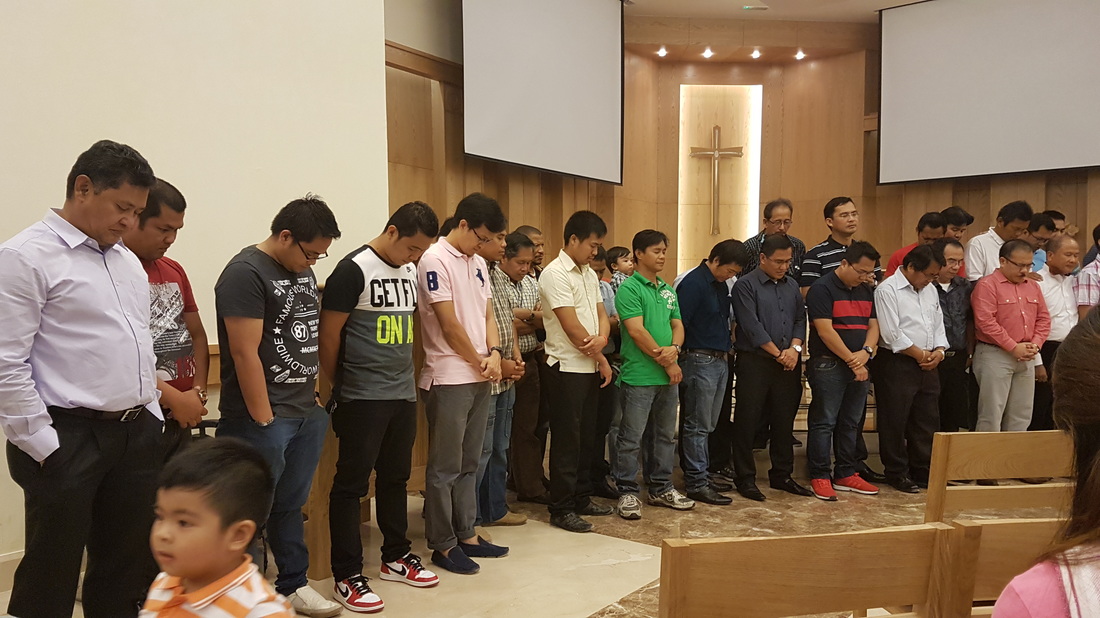|
"Take heed, and keep yourselves from all covetousness; for a man's life consisteth not in the abundance of things which he possesseth."-- Luk_12:15.
"'Little children, guard yourselves from idols."-- 1Jo_5:21 (R.V.). THE PETITION addressed to Christ, in this paragraph from which our text is selected, has been constantly made to Him in subsequent ages. Men are always demanding that He should divide the inheritance more equally. But our Lord did not come to adjust human relationships by the exercise of His autocratic will. He deals rather with the overreaching and grasping avarice which leads the rich to withhold, and the discontent which compels the poor to murmur. He saw in the demand of the suppliant a tendency to the same covetousness which prompted the other brother to withhold the portion of the inheritance, which was not justly his. Our Lord announced the far-reaching truth that life does not consist in what we possess, but in what we are. We are rich, not in proportion to the amount standing to our credit in the bank, or to the acreage of our inheritance, but to the purity, strength, and generosity of our nature. When we lay up treasure for ourselves, we become paupers in God's universe. The only way of dealing with covetousness, which makes an idol of money or possessions, is to regard our property only as gifts entrusted to us for the benefit of others. Let us mortify the spirit of greed, which is so strong within us all, by sowing the acreage of our life as indicated in 2Co_9:1-15. Sensual appetite is an idol with many (Phi_3:19). Eating and drinking, feasting and pleasure-seeking are idols before which many prostrate themselves. And there are other idols than these, for whenever any earthly object engrosses our soul, and intercepts the love and faith that should pass from us to God, it is an idol which must be overthrown. Whenever we can look up from anything that we possess into the face of God, and thank Him as its Giver, we may use and enjoy it without fear. We are not likely to make an idol of that which we receive direct from the hand of our Heavenly Father, whose good pleasure it is to give good gifts to His children (1Ti_4:4-5). PRAYER O Lord, the Portion of our Inheritance, give us grace, we pray Thee, never to aim at or desire anything out of Thee. What we can enjoy in Thee, give us according to Thy Will; what we cannot, deny us. AMEN.
0 Comments
"The Lord said unto Cain, Where is Abel thy brother? And he said: I know not: Am I my brother's keeper?"-- Gen_4:9. "He that hateth his brother is in darkness, and walketh in darkness."-- 1Jo_2:11. MAN'S FALL, whatever else it may have been, resulted in a complete change of the centre of his being. He was made in the likeness of God, and God's nature is absolutely selfless. God's will and purpose was the one rule of man's existence until the moment came when our first parents substituted the gratification of self for the will and law of God. From that hour the self-life became the dominant principle of mankind, and the world is what it is because the essence of life is the service of self. We do not know what really caused the difference in the disposition of Cain and Abel. There are hints and suggestions, but the fundamental reason why these two brothers differed so is veiled in mystery, though the like of it still shows itself in our homes. St. John gives us the clue in his first Epistle, where he says that Cain slew his brother, because his own works were evil, and his brother's righteous. God remonstrated with Cain and warned him that sin was lying at the door of his heart, waiting to enter. He exhorted him to watch and not allow it to intrude. When the dreadful deed was done, Cain found that all nature was in arms against him, and he became an outcast. The blood of Abel cried against Cain, for all sin cries to God, and He is the Avenger and Vindicator of wronged ones who in simplicity and faith have cast themselves upon Him. Thank God, also, there is a cry louder than that of Abel's, which pleads not for judgment but for mercy (Heb_12:24). This world is full of envy, jealousy, strife, and murder, because men keep themselves instead of keeping their brothers; because our own instead of another's welfare revolves round the pivot of "I". The first Epistle of St. John is the antipode of this story in Genesis, and contains its corrective, for it is when we love God first and best that we love our brother, and as we open our whole soul to the tidal wave of God's love, we are lifted above the jagged rocks of the self-life into the broad full ocean of life which is life indeed (1Jo_3:14-17). PRAYER Our Father! Help us to consider the interests of others, and to act generously towards them, because we are Thy children, and Thy infinite resources are at our commands. AMEN. |


 RSS Feed
RSS Feed
